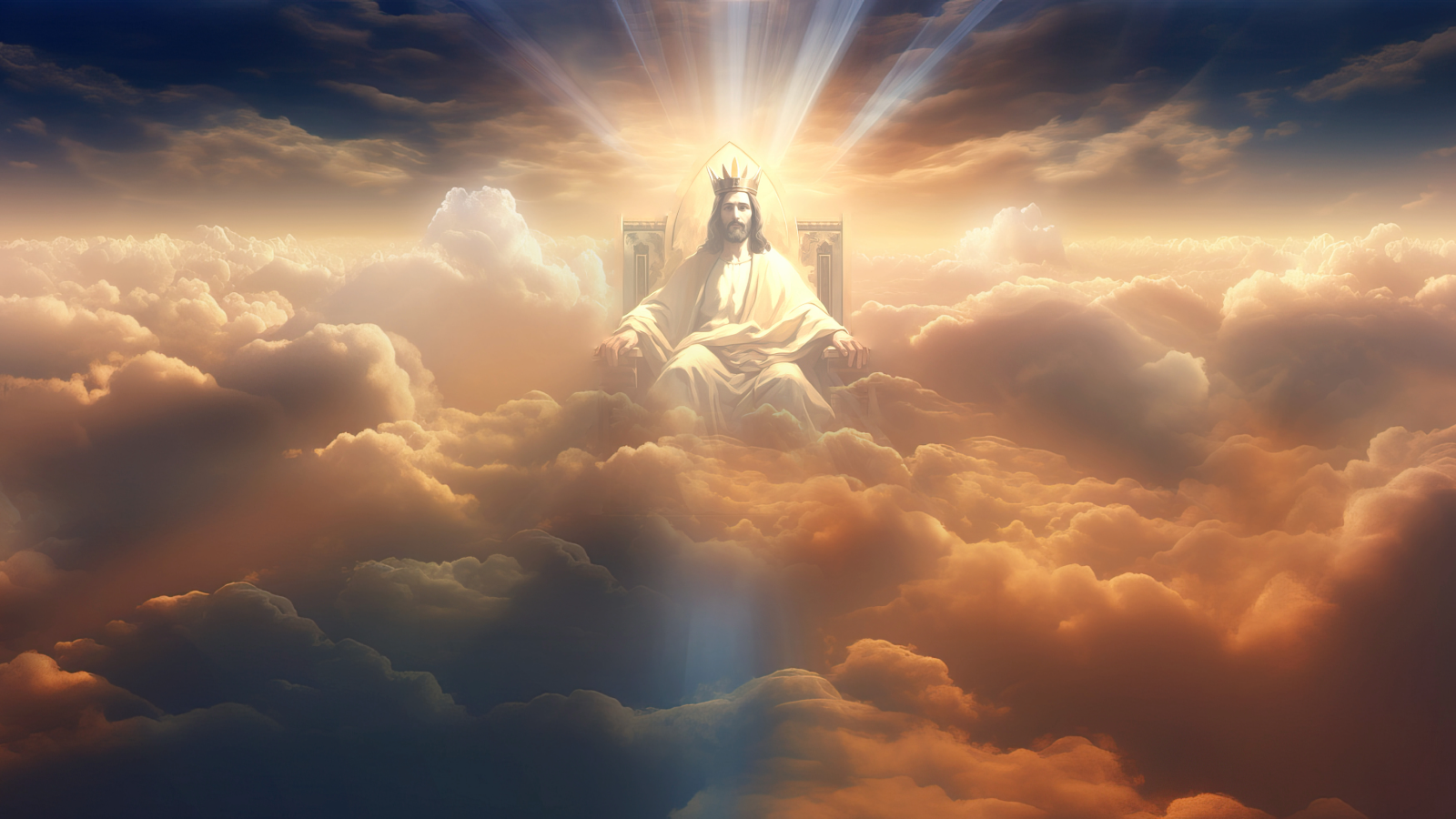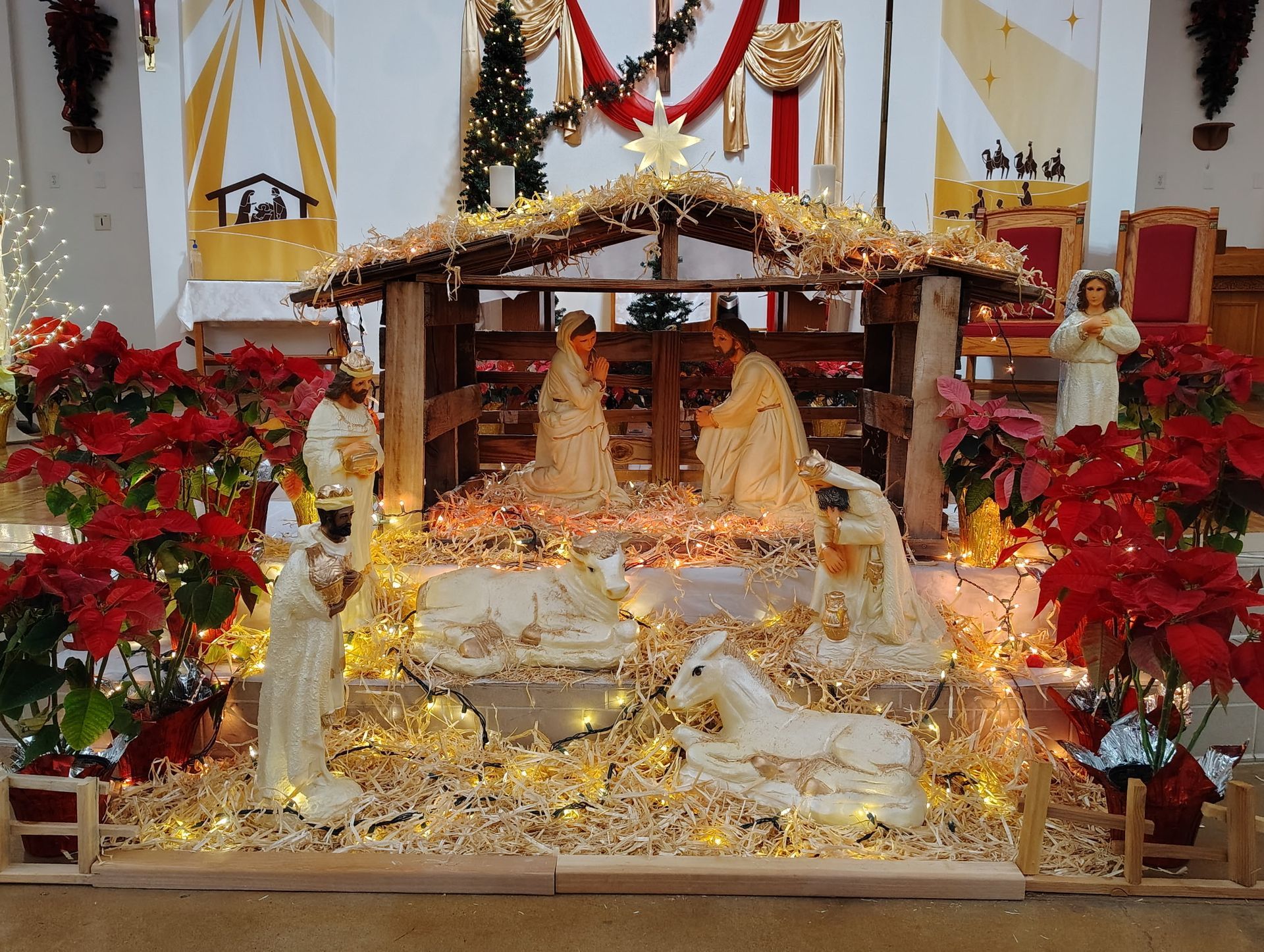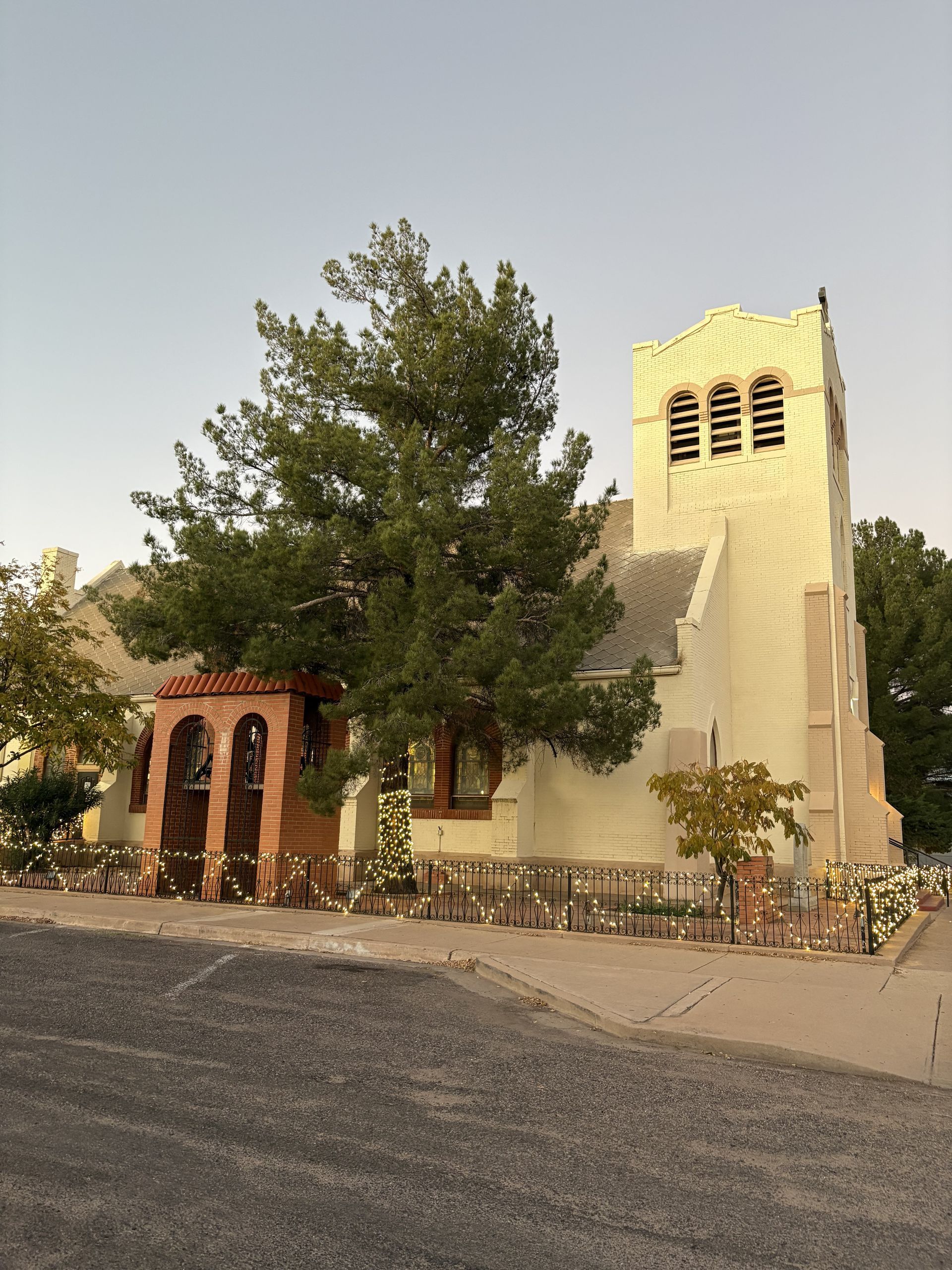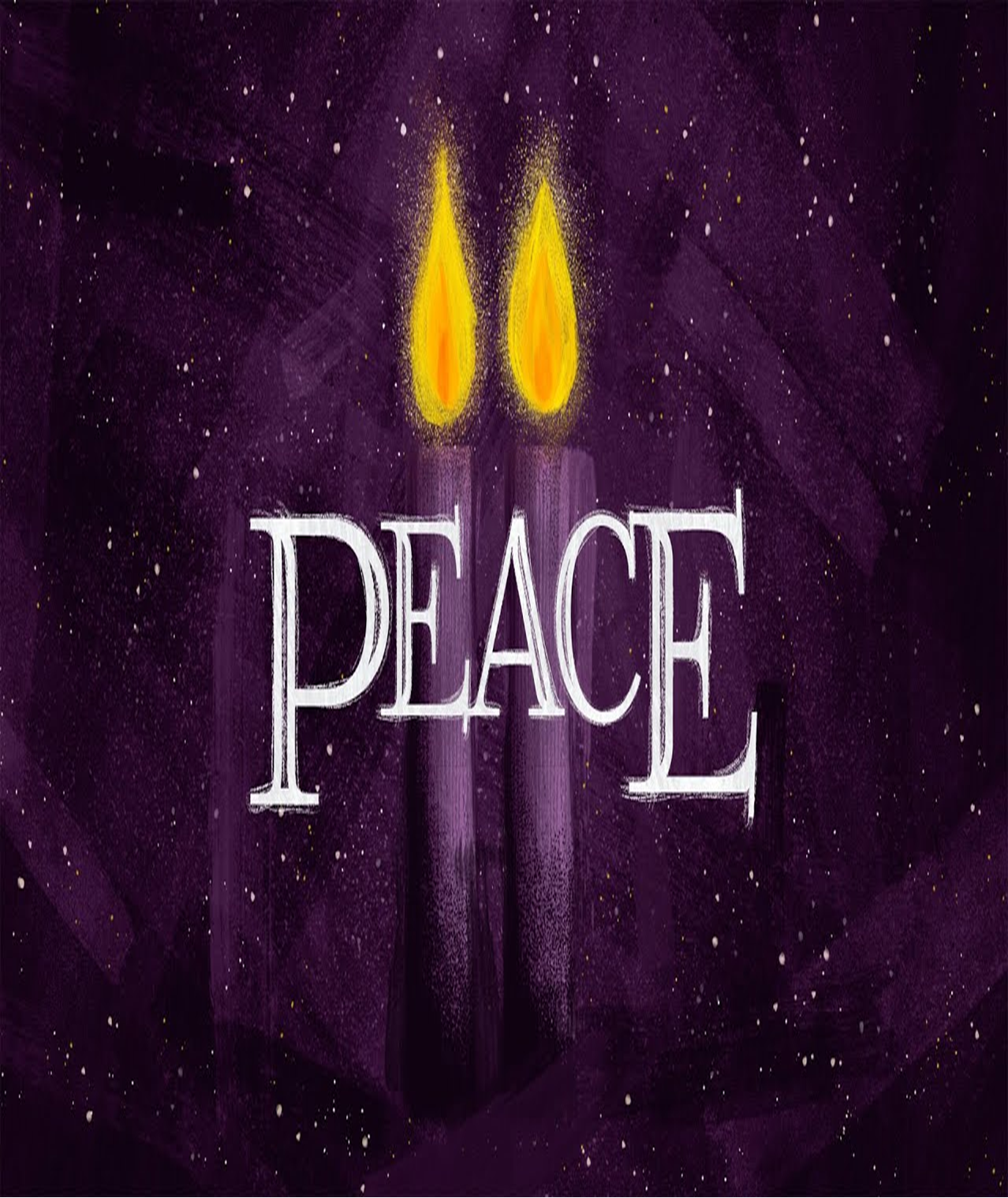Jesus Christ is a king who saved others, not himself...

The Solemnity of Christ the King of the Universe is the culmination of the liturgical year, the destiny of our earthly existence. This feast to honor Christ the King is relatively new established through the encyclical Quas Primas by Pius XI on December 11, 1925. So, this year marks a century of the institution of the solemnity of Christ the King in the liturgical calendar. Pius XI pointedly mentioned that "the most effective weapon against the destructive forces (wars, bloodshed, violence) of the world is the acknowledgment of the kingship of Christ. In so doing, there will be true liberty, calm order, harmony and peace". The acknowledgement, recognition and the adoration of our exalted king is not only the goal of the liturgical year he said, but of our earthly life and existence. At the end of the liturgical year "stands the Lord of glory, the goal of human history, the focal point of the desires of history and civilization, the center of mankind, the joy of all hearts, and the fulfillment of all aspirations".
Christ is not Jesus’ last name. Jesus was a king that the title Christ which meant the Anointed One, the Messiah or King became his name. In the liturgy, whenever we mention Jesus Christ, we bow before him facing each other. So, every time we utter the name of our Lord, Jesus Christ, we claim to be his people, the people of God and honor him as our King in the best sense of the word or in its fullest expression. He was a king born in the line of David who came in human flesh as prophesied. His kingdom is not of this world. It is a spiritual kingdom, not made of precious stone, and our lives are spent and lived solely to build God’s kingdom on earth. The preface says clearly what this kingdom is, a kingdom of truth and life, a kingdom of holiness and grace, a kingdom of justice, love and peace.
He was a king, not in a conventional sense of the word. He stands for God and not for earthly kings who love to be adored and praised whose power depends on physical force and intervention. Jesus lives on goodness, truth, justice and righteousness. He was a king who suffered, abandoned, embarrassed, betrayed and alone by himself at the moment of death on the cross except for two who stood by him at the foot of the cross. Other than that, they either looked from a distance or disintegrated. He was powerless, weak and humiliated by the powers that be. He was a king who saved others, and not himself as he addressed the repentant thief who wholeheartedly admitted his sinfulness and professed faith: “Amen, I say to you, today, you will be with me in Paradise” (Luke 23: 42). His kingdom of mercy and forgiveness has come in his response of today to the good thief on the cross. In the Mass, this Paradise because it is worded today and not tomorrow or sometime in the future, is partially realized in the communal experience of the faithful in the liturgy.
One of the criminals crucified with him mocked him and said, save yourself if you are the true king. If you are the Messiah, come down from the cross. Do something no one has ever done before. Or just go through the motions. Do everything in your power to save yourself. Manipulate the system in your favor. Lobby to the authorities. This is the moment. This is the time for you to show your power and influence and not let yourself be run over by people who know very little about you. Don’t let them step on you. Use your connections. It is not what you know. It is who you know. Humiliated, insulted and mocked, he remained silent in the face of it all. He didn’t say anything although it was so tempting to go down the cross or even avoid and evade suffering. He didn’t cave in to the temptation to escape the embarrassment. His silence, soft power, God’s power saved the world.
As we conclude the liturgical year, and our entire spiritual and religious journey, Jesus exemplified the path to divine life. It is the same pattern and formula. Christianity doesn't start with the word self. Rather, God and the other. We ask God to continue to direct and lead us on the way to Christ's kingship. One of the things I love about the reformed liturgy is that facing each other in worship is meeting and encountering Christ in each other.
As I look back in the past year, I hope I preached the gospel in its purest and undiluted form, a gospel without any hint and trace of politics. I believe the gospel has a message beyond politics or devoid of any partisanship. The gospel is non-partisan. The gospel is unapologetic. If the gospel diffuses a timeless truth that existed before time, then, its basis is not human ingenuity. Christ is the message, and he brings us together every Sunday. Amen.



